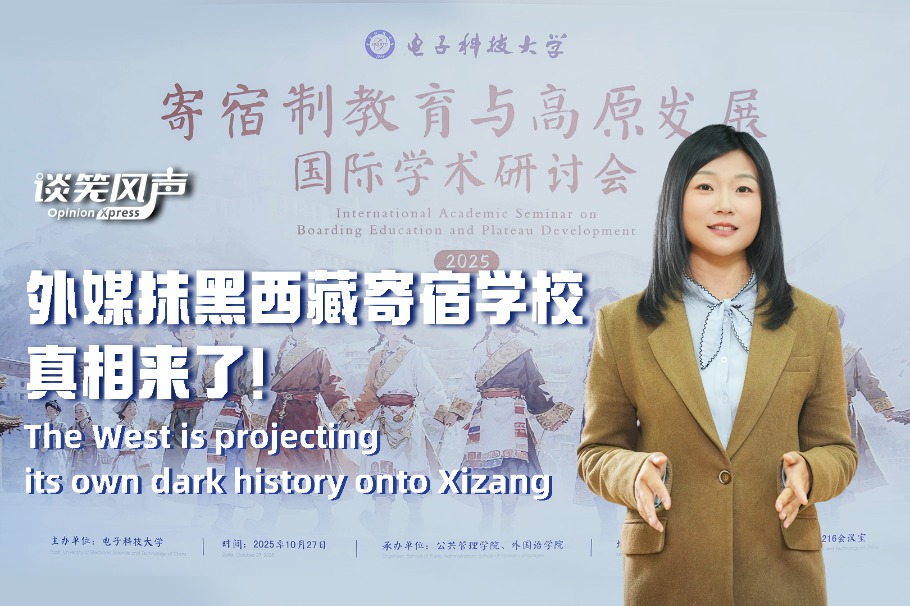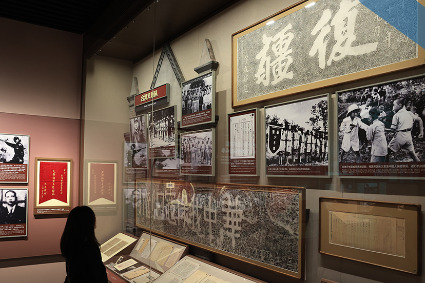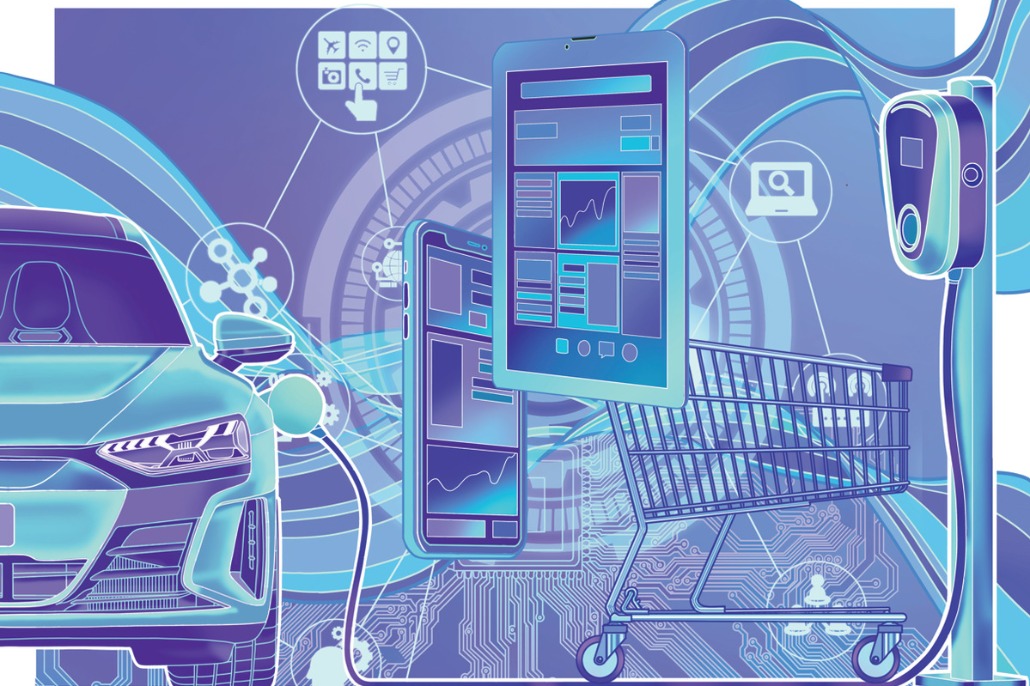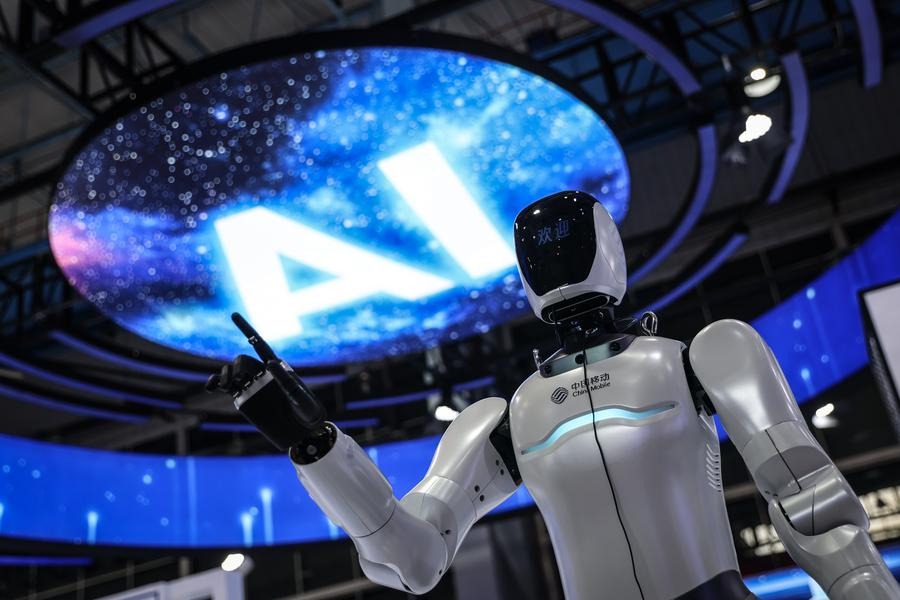Sino-French ties bridging East-West differences


Pandas are a rare species found only in China. But the West first learned about the panda through French missionary Armand David more than 150 years ago. This symbolizes the long history of the exchange of knowledge between the East and the West, which enriched both Oriental and Occidental societies.
In general, three factors characterize the centuries-old cultural exchanges between China and France (and the rest of Europe).The first is complementarity. China's agricultural civilization (embodied by the "Four Great Inventions") inspired Europe to seek technological innovations and break free from feudalism, leading to the Age of Enlightenment and the shaping of modern European society.
Sixty years ago, with the establishment of diplomatic ties between China and France, began the normalization of relations between China and the West, which in turn enabled China to learn and adopt advanced European technologies such as French civil nuclear energy, aerospace and high-speed trains that contributed to China's modernization.
The second factor is asymmetry. Chinese and French societies appreciate and learn from each other, whether actively or passively, showcasing a diverse, non-equivalent, and asymmetrical relationship.
The third factor is practicality. As French historian Alexis de Tocqueville critiqued Voltaire's fascination with China, the shaping of their respective images stemmed from necessity, and was aimed at addressing deficiencies and forming a certain imagination of the other.
More important, late leader Deng Xiaoping's experience of studying and working in France could have infused in him the idea of reform and opening-up. In the new era of digital and ecological civilizations, the dialogues between Chinese and French societies have entered a phase of competitive and cooperative exchanges. So what's the new significance of the dialogues between Chinese and French societies?
The dialogues between the two societies transcend the distinctions between the East and the West, form and function, understanding the essence and its utility to make common achievements. Through their cooperation and competition in new energy and the digital economy, China and France promote the digital sovereignty and strategic autonomy of the European Union, advocate for a multipolar digital world and oppose digital imperialism. And while Beijing (as the first city to host both the Summer and Winter Olympics) embodies the modern Olympic spirit, joint Sino-French development efforts in Africa are facilitating collaboration in Belt and Road projects.
Sino-French complementarity and dialogue are especially evident in fields such as climate change and artificial intelligence, and are helping shape a new era of "Chinoserie" (Chinese style). Both China and France (and many other EU members) are supporters of multilateralism and the international order centered on the United Nations. And being the world's second-largest maritime nation, France is a natural "blue partner" in building a maritime community with a shared future.
The two sides are also using their interactions and exchanges to build a better future for humankind, thus initiating a cultural renaissance — from the European Community and a community with a shared future for mankind to modern European society, which France played a key role in shaping, and Chinese modernization. China embraced Marxism from Europe and continues to contribute to the industrial digital civilization, leading the field in ecological civilization with the implementation of concepts such as "new quality productive forces".
As long as China and Europe engage in mutually beneficial cooperation, the rise of bloc confrontations can be avoided, and as long as they improve mutual understanding and pursue mutual benefit, they can check the "de-globalization" trend. This profound understanding underscores the increasingly prominent strategic significance of China-EU relations in the face of a world fraught with complexity.
China and Europe should support each other and strengthen the development of Chinese modernization and European integration, including aligning the Belt and Road Initiative with the EU's "Global Gateway" plan. As two major forces, markets and civilizations, China and Europe play a crucial role in shaping a new human, digital and ecological civilization.
For China, the EU is a very crucial valued partner. This is due to the alignment of China's vision of modernization, including a low-carbon lifestyle and the green economy, with the aspirations of Europeans to develop a better world. This fact has remained unchanged since the launch of reform and opening-up in China more than four decades ago.
The author is a senior research fellow at the Institute of Global and Area Studies, Renmin University of China and the Center for China and Globalization, a Beijing-based think tank. The views don't necessarily reflect those of China Daily.
If you have a specific expertise, or would like to share your thought about our stories, then send us your writings at opinion@chinadaily.com.cn, and comment@chinadaily.com.cn.

































